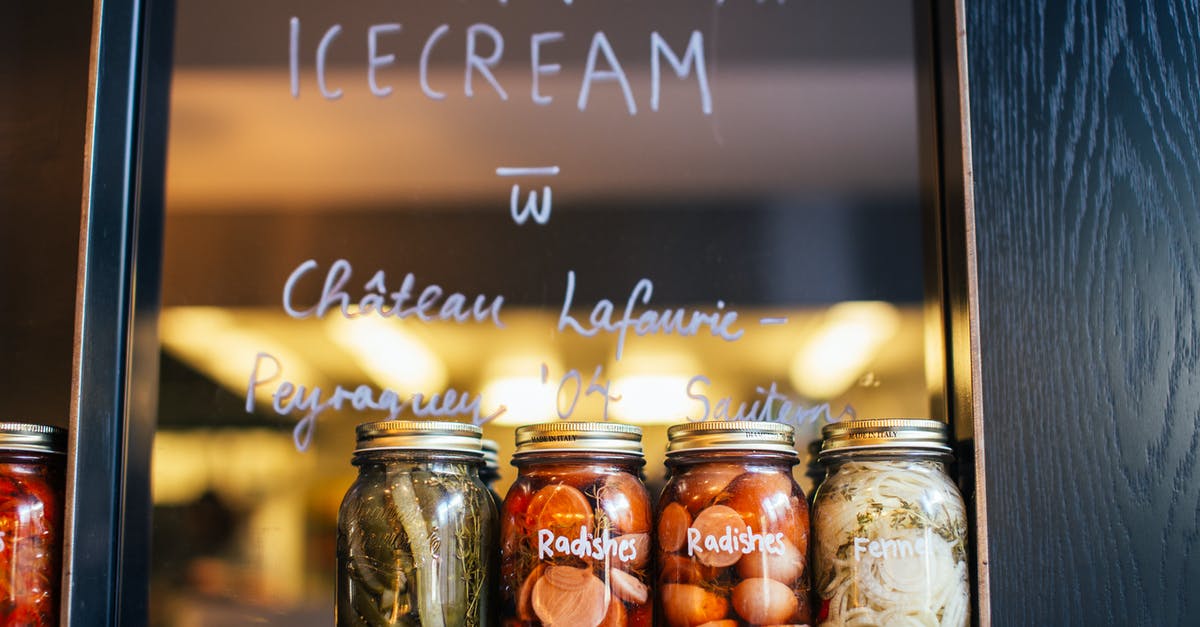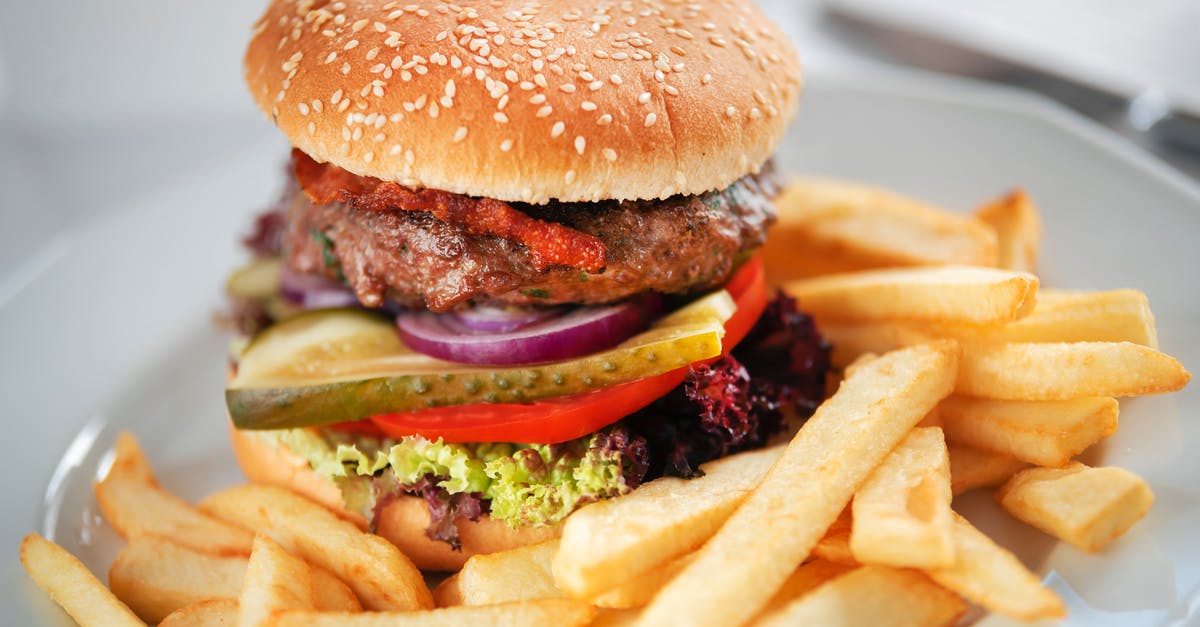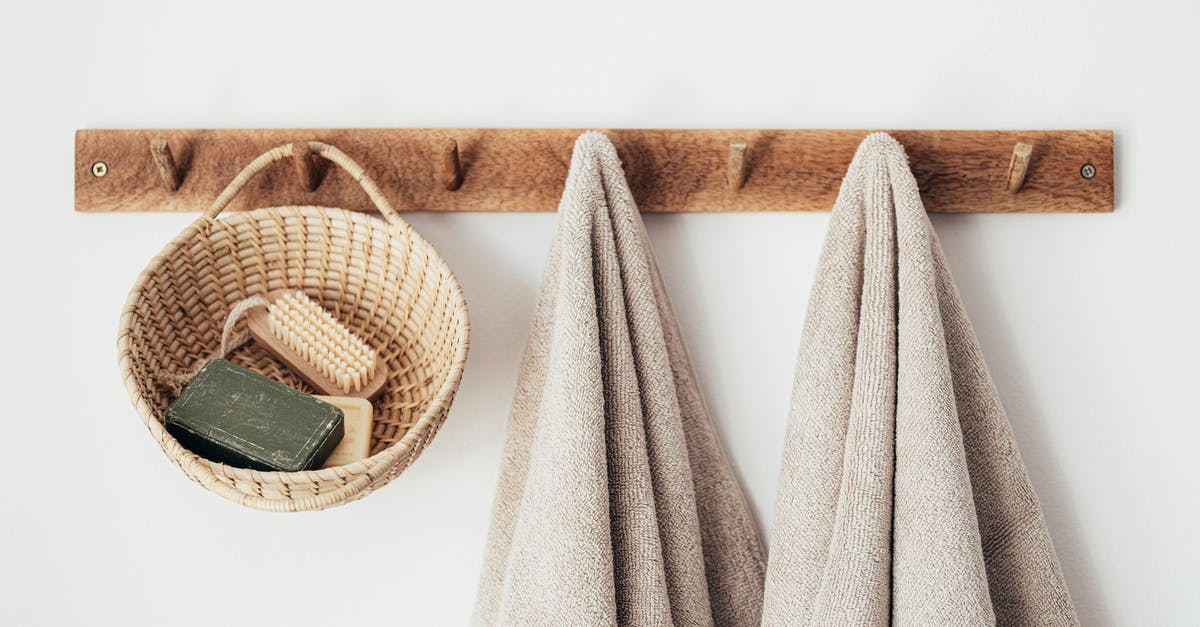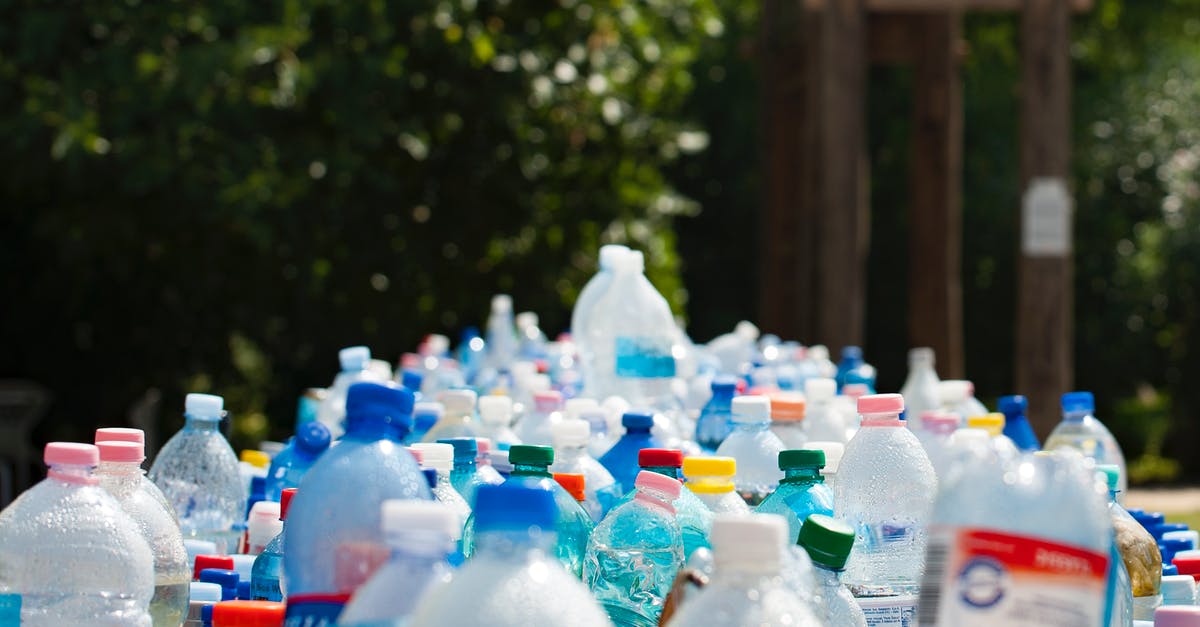Reusing pickle brine

So I just finished a jar of home-made pickles. They were excellent! Not too salty, a bit spicy, very good. They were so good that I'd like to get some more pickles out of that jar. I was thinking of pickling some eggs in that same brine. Is reusing brine ever done? Are there any reasons I shouldn't do it? I've never heard of this being done, but I don't see why not.
Best Answer
While reusing brine is probably fine in many cases, it's tricky from a food-safety perspective. It seems like there are lots of threads on the internet these days about reusing "pickle juice," and there are great reasons to take your brine and use it in some recipe for salads, dressings, sauces, etc. that you'll consume soon after making (or at least sterilize by cooking).
But reusing brine to make more pickled foods? That's another issue entirely.
If you've made homemade pickles or canned goods, you know that most reputable recipe sources have huge disclaimers saying: "Warning! Always be sure to follow recipes exactly, and do not deviate from the given proportions."
If you make traditional lactofermented pickles, you need a certain salt concentration to inhibit growth of dangerous microbes in the first few days of fermentation. After that, the acidity created by fermentation will prevent anything bad from growing. If you make "fresh pack" pickles or refrigerator pickles, you depend on a certain concentration of acid (usually vinegar and/or lemon juice) and salt to prevent bacteria growth.
Particular concentrations of acids and salt are critical to keep your food safe, especially if you plan to store it for more than a couple days, even in the fridge. Refrigerator temperatures slow the growth rates of bacteria, but they don't stop a lot of bad things from growing completely. If you drop a bunch of fresh vegetables in old brine and come back in a month or two expecting pickles -- you'll probably have some great-tasting stuff. But it could also be carrying harmful pathogens.
The main problem is that brine has salt. Due to osmosis, salt will draw water out of things with high water content (like vegetables, eggs, fruits, and just any food you might think of pickling). If water is added to your brine as it "leaks" out of the added food, you reduce the salt concentration as well as the acid concentration, perhaps leaving an unsafe solution to make further pickles.
Pickling recipes know this and will build in extra salt and/or acid into most recipes, knowing how much water on average will come out of particular foods. By adding a second or third or fourth batch of food to that solution, the brine will become increasingly watery.
Boiling or heating the brine -- as suggested in other answers -- probably doesn't help much. Your pickling brine was already designed to prevent growth of pathogens, with proper concentrations of salt and acid. You shouldn't be worried about pathogens in the brine, but rather pathogens in the new food you're adding. Cooking your new food first can help, but that sometimes ruins the texture of many pickled foods.
Also, even boiling the food many not be sufficient if the reused brine gets too weak. Botulism bacteria, for example, has spores that are not destroyed even at boiling temperatures. With proper acidity (and salt), they won't grow. But if you mess with the recipe, they could. At even lower acid levels, you could grow all sorts of stuff, Listeria, for example. At refrigerator temperatures, it might take a few weeks or months to grow to dangerous levels, but long-term storage is exactly what people tend to do with pickles.
The only way to reuse brine safely would be to ensure that your new brine has the same characteristics as the old one: especially equivalent acidity and salt content. If you really know what you're doing -- i.e., are an experienced pickle maker and understand how to vary recipes while ensuring safety -- you might be able to calculate how much salt and acid to add to keep your brine safe while adding new food. (Trying to re-ferment lactofermented pickles is unreliable, so I'd discourage that route to obtain new acidity.)
In the vast majority of cases, reusing pickling brine won't result in any problems, especially if you keep it in the refrigerator and only put the new food in for a few days. Commercial brines, in particular, often have excess acid and salt beyond that necessary to ensure safety, so reusing them once may be unlikely to cause problems. But it's actually not a safe practice unless you know what you're doing, particularly if you store the new food for any length of time. Whatever you do, do NOT leave pickles made from reused brine at room temperature, even if you've heated the brine and resealed the jars. Without the guarantee of proper acidity, you could end up with botulism toxins or other dangerous spoilage bacteria.
Pictures about "Reusing pickle brine"



Quick Answer about "Reusing pickle brine"
Once a brine has been used to can something, that's it. You can't do it again because you can't guarantee the acidity level once it has been heated up, hot water processed, absorbed by vegetables and refrigerated for an unknown amount of time. It doesn't look murky or cloudy.How many times can you reuse homemade pickle brine?
To be on the safe side, we wouldn't recommend reusing it more than once, although some say you can safely reuse it 2 or 3 times. Again, watch for changes in the clarity of the brine. BONUS!Can you Reboil pickle brine?
Bring the brine to a boil and pour it over the pickles. Seal the jar and refrigerate the pickles for 24 hours before eating. The pickles can be kept for up to two weeks. (We don't recommend reusing the brine more than once.)What can I do with leftover pickle brine?
Here's a compilation of some ideas!Can I reuse pickle brine for new pickles?
Never Reuse Pickling Brine To Can A New Batch of Pickles Always preserve your canned pickled vegetables with freshly made brine that's made based on an approved recipe. Making home canned pickles with reused pickle brine is unsafe.HOW TO | Reuse Pickle Brine (Easy!)
More answers regarding reusing pickle brine
Answer 2
I have done some experiments pickling eggs with left over cucumber pickle brine.
Just to be safe I reboiled the brine to sterilize it.
It tasted great.
I don't do this with my eggs anymore simply because pickled eggs have more potential than cucumbers. I pickle my eggs now with different vinegars, like balsamic, for more interesting flavors and colors.
Answer 3
I am not sure about switching to eggs, but I have known several people who reuse brine for more pickles. Warm the brine in the microwave (not to boiling, but to about 120F) add some cucumbers and re-seal the jar. When the brine cools it will seal the jar and you will have fresh pickles in about a week.
Answer 4
I re-used pickle brine for pickled eggs for yrs. When the pickles are done i just pop in some hard boiled eggs. I have never had an issue and they have always turned out well. many times i have 2or 3 different pickles brines from assorted jars around the same timeline and will pour them in together and make a bigger batch. Again never any issues, maybe I am just lucky but I am about to do it again today !
Answer 5
If you get concerned about bad bacteria growth just think outside the box. add a bottle of Frank's hot sauce, some sliced onion and garlic to the brine, pickling spice. red pepper, black pepper and sea salt. I use mine over and adding more vinegar will make them more potent. I love apple cider vinegar. But get creative with flavors you enjoy. Eggs, cabbage, sausages ( fully cooked ) onions, beets, garlic, it's all amazing and healthier with a good pickle. Enjoy!
Answer 6
I’ve reused pickle juice for up to 3 times. With each use I do add some vinegar and some pickling spice and the eggs turn out very well. And never any problems. Refrigeration of course!
Sources: Stack Exchange - This article follows the attribution requirements of Stack Exchange and is licensed under CC BY-SA 3.0.
Images: Rachel Claire, Piotr Arnoldes, Karolina Grabowska, mali maeder
